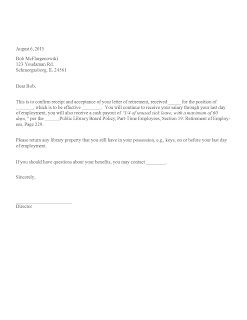a sunflower like Maude
 Saturday was a lazy day and I have little more to ulger of its passing than to say that I saw "Harold and Maude " for the first time and was so taken--so unbelievably taken in by that movie!
Saturday was a lazy day and I have little more to ulger of its passing than to say that I saw "Harold and Maude " for the first time and was so taken--so unbelievably taken in by that movie!I loved everything about it: Harold's disgust with his family situation and his mother's opaque upper class unawareness, Maude's simple way of seeing everything, the dialog, the scenery, the simple love that grows between them--I am so tired of every movie that I see which usually winds up in a passionate sex-fest, and while I understand that passion can be part of attraction, I also believe in a good friendship in my basis of love.
I also love the Cat Stevens soundtrack for Heaven's Sake!! Cat Stevens did for this movie, what Simon & Garfunkel did for "The Graduate," (which by the way I do not like!) In short I think I have found a new movie to add to my list of favorites.
Maude: I should like to change into a sunflower most of all. They're so tall and simple. What flower would you like to be?
Harold: I don't know. One of these, maybe. (pointing to a daisy)
Maude: Why do you say that?
Harold: Because they're all alike.
Maude: Oooh, but they're *not*. Look. See, some are smaller, some are fatter, some grow to the left, some to the right, some even have lost some petals. All *kinds* of observable differences. You see, Harold, I feel that much of the world's sorrow comes from people who are *this*, [she points to a daisy] Yet allow themselves be treated as *that*. [she gestures to a field of daisies] [camera cuts to a shot of a field of gravestones in a military cemetery]
I could give you a plot summary about what the movie is about, but I found the most amazing plot summary that someone did for wikipedia, and I have to share it. It is such a profound slice of the major theme that is felt and seen in the movie, without giving anything away:
Hal Ashby, the director of the film, was part of the San Francisco youth culture, and in this film he contrasts the doomed youth of the alienated against the vital age of actually believing and caring in something like what the Holocaust survivors had to do in order to survive, contrasting nihilism with purpose. Maude's past is revealed in a glimpse of the concentration camp ID number tattooed on her arm.
Harold is part of a society in which he has no personal importance and existentially, therefore, he is without meaning. Maude, however, has survived and lives a life rich with meaning. It is in this existential crisis, shown against the backdrop of the Vietnam War, so that we see the difference of how one culture, personified by Harold, is handling one meaningless war, while another has experienced and lived beyond another war that produced a crisis of meaning, the Holocaust.
I wish I could write a story with characters as meaningful as Harold & Maude are to me.



Comments
I haven't seen Harold and Maude yet. I want to see it now.
"I'll never understand this mania for black. I mean no one sends black flowers, do they? Black flowers are dead flowers and who would send black flowers to a funeral? It's change! How absurd."
-maude
notice at the end in the hospital scene there is a vase with a single black flower in it on a counter.